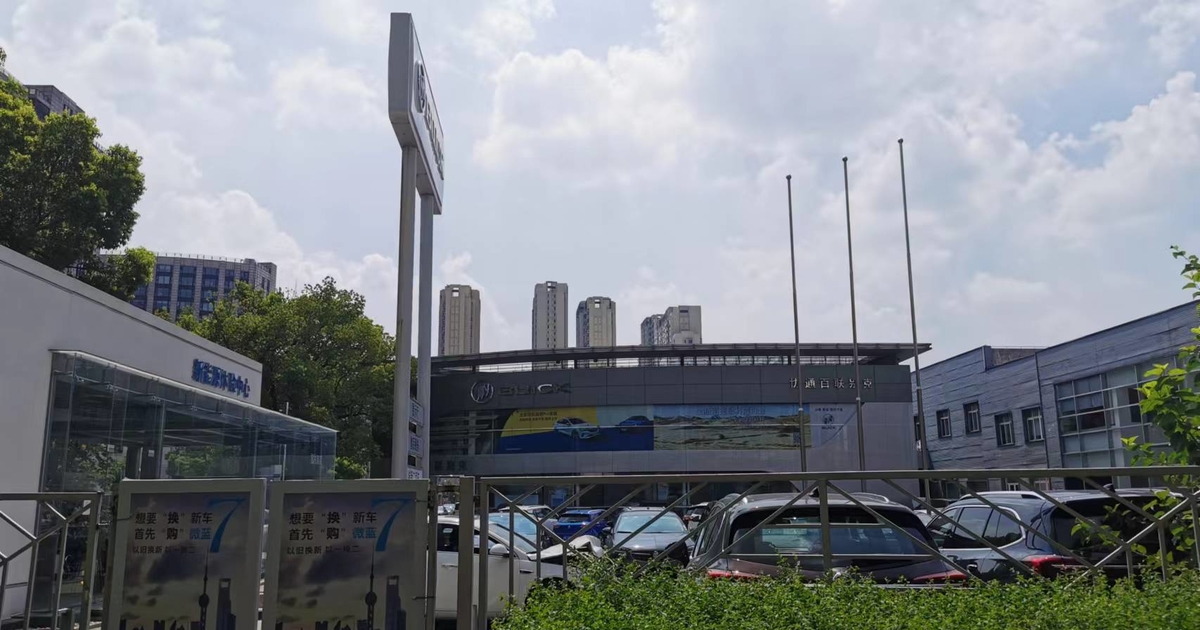
SHANGHAI – Government lockdown measures aimed at containing a surging coronavirus outbreak wreaked havoc on China’s car dealerships in the first half of the year.
Stores with mass-market international brands were hit hardest during the period, when lockdown measures stymied showroom traffic and disrupted light-vehicle output and shipments.
Moreover, there seems to be no immediate end to their woes, as demand for luxury brands remains robust and domestic automakers fortify a formidable presence in the electrified vehicle market, according to a China Automobile Dealers Association report released this week.
The report, based on a survey CADA conducted in July, shows 27 percent of dealerships in China were profitable in the first six months, down from 54 percent for all of 2021.
Among stores with global mass-market brands, only 12 percent made money in the first half.
By contrast, 14 percent of stores with Chinese brands and 53 percent of stores with luxury marques were profitable during the period.
The survey showed 28 percent of dealerships marketing global mass-market brands racked up losses in the first half. Only 14 percent of stores with Chinese brands and 9.6 percent of luxury dealerships were unprofitable.
Automakers worldwide have prioritized output and sales of their most profitable vehicles to cope with the global chip shortage.
CADA also found that global mass-market brands received the lowest score, 72.1 points on scale of 100 points, that measures dealership satisfaction with carmakers.
By contrast, Chinese brands and luxury brands scored 79 points and 79.7 points, respectively.
Mass-market brand dealers say their biggest problem is automakers that are overloading them with hard-to-sell vehicles.
The overall new-vehicle market in China has rebounded two straight months after Beijing eased anti-pandemic measures and rolled out a tax break on gasoline-powered vehicles at the beginning of June.
CADA estimates that retail sales of new vehicles including sedans, crossovers, SUVs and multi-purpose vehicles industrywide will jump 18 percent to 1.77 million in July after surging 23 percent in the previous month.
However, most dealerships remain pessimistic about the market’s prospects. Only 30 percent of dealerships covered in the survey believe new-vehicle sales will remain flat or expand this year from 2021 levels.
When it comes investing in existing stores or making acquisitions, dealers also remain very cautious.
For dealers who intend to expand and invest in new operations or stores, their targets are primarily luxury brands and electric-vehicle brands created by Chinese carmakers.
Aside from two major Japanese marques – Toyota and Honda, which have outperformed their global peers in the market – few other mass-market international brands have aroused the interest of dealers for investment, according to the survey.